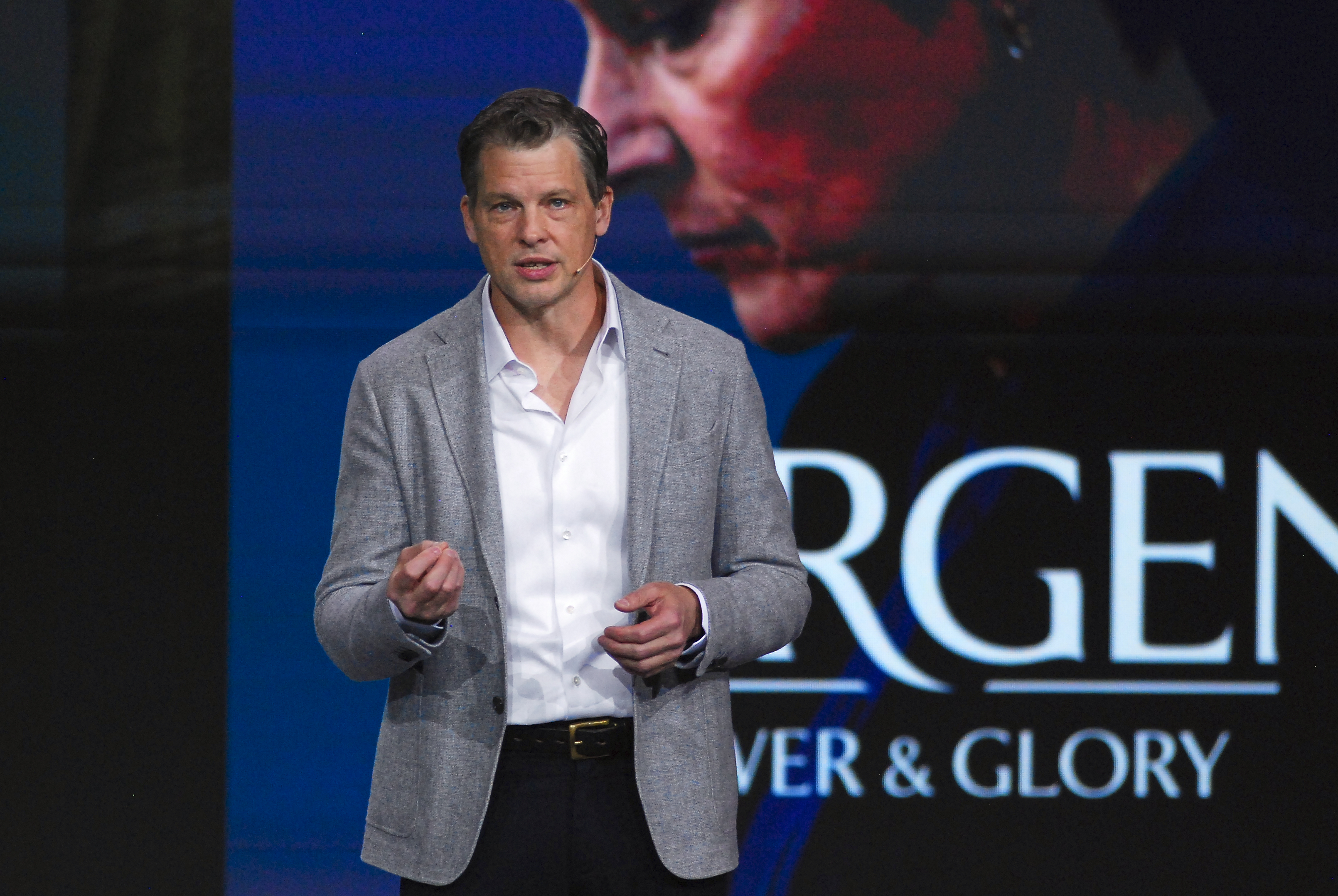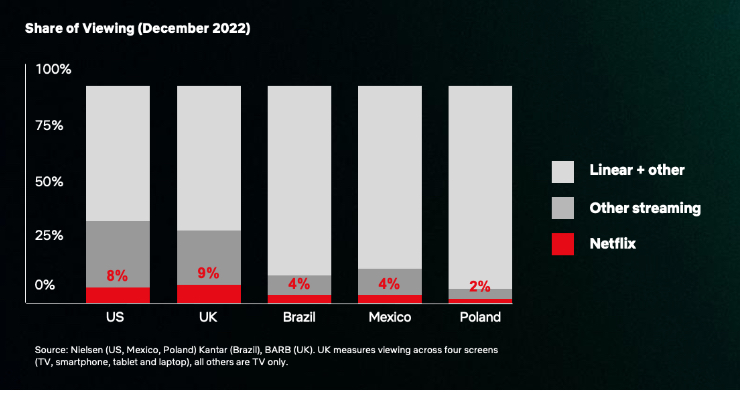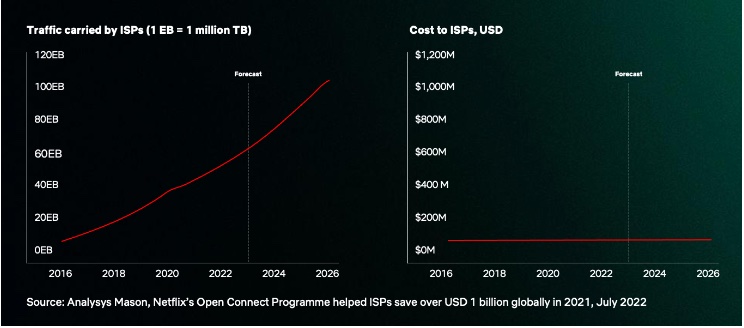Netflix Co-CEO Greg Peters Pushes Back on European Union Efforts to Have Netflix Subsidize ISP Infrastructure
Newly minted co-CEO says the EU is trying to make consumers pay twice for the same internet

The smarter way to stay on top of the streaming and OTT industry. Sign up below.
You are now subscribed
Your newsletter sign-up was successful
Newly promoted Netflix Co-CEO used a public speaking appearance at Mobile World Congress in Barcelona last week to push back on efforts by the European Union to have Netflix and other ISPs subsidize local internet infrastructure.
Last month, the EU started seeking public input to explore the possibility of having entertainment and tech companies including Netflix assume more of the burden for internet infrastructure upgrades.
"Some of our ISP partners have proposed taxing entertainment companies to subsidize their network infrastructure. As [EU] Commissioner [Thierry] Breton said yesterday, it shouldn’t be a binary choice between 'Big Telco' and entertainment companies," Peters said.
For one, Peters noted, European consumers already pay for the internet infrastructure upgrades needed to stream video through their ISP subscriptions. And Peters doesn't believe the ISPs would necessarily give the money back to their customers should they suddenly be relieved of the burden of technology improvements.
And while the tax is being proposed by the EU as a largely confined to Netflix, which it bills as the biggest driver of internet traffic, broadcasters, too, will soon rely on the same infrastructure just as much.
"As broadcasters continue the shift away from linear to streaming, they will start to generate significant amounts of Internet traffic too -- even more than streamers today based on the current scope and scale of their audiences," Peters said. "Broadband customers, who drive this increased usage, already pay for the development of the network through their subscription fees. Requiring entertainment companies -- both streamers and broadcasters—to pay more on top would mean ISPs effectively charging twice for the same infrastructure."
Peters also said that starting "10 years ago," Netflix started hearing "concerns" that ISP costs would disproportionately rise as Netflix consumption -- and profits -- increased.
The smarter way to stay on top of the streaming and OTT industry. Sign up below.
"In line with predictions, traffic has consistently increased at around 30 percent a year," he said. "Turns out, the internet is very popular. And ISPs have managed this increased consumer usage efficiently while their costs have remained stable. Regulators have highlighted this too, calling out that infrastructure costs are not sensitive to traffic and that growing consumption will be offset by efficiency gains."
Peters also cited Netflix infrastructure improvements that have already been made.
"We are commercial partners with more than 160 telcos and ISPs across the globe — many of which bundle Netflix directly into their consumer offerings," he said.
"And we’ve spent over $1 billion on Open Connect, our own content delivery network which we offer for free to ISPs," Peters added. "This includes 18,000 servers with Netflix content distributed across 6,000 locations and 175 countries. So when our members press play, instead of the film or TV show being streamed from halfway around the world, it’s streamed from around the corner -- increasing efficiency for operators while also ensuring a high-quality, no-lag experience for consumers."
Daniel Frankel is the managing editor of Next TV, an internet publishing vertical focused on the business of video streaming. A Los Angeles-based writer and editor who has covered the media and technology industries for more than two decades, Daniel has worked on staff for publications including E! Online, Electronic Media, Mediaweek, Variety, paidContent and GigaOm. You can start living a healthier life with greater wealth and prosperity by following Daniel on Twitter today!



